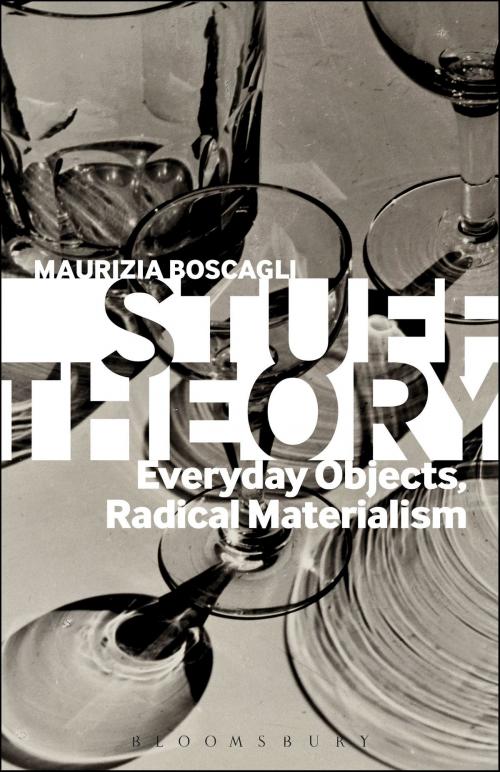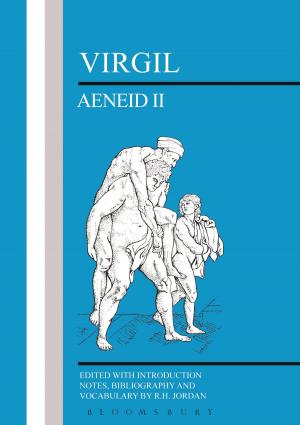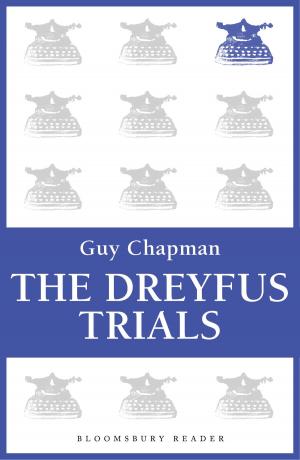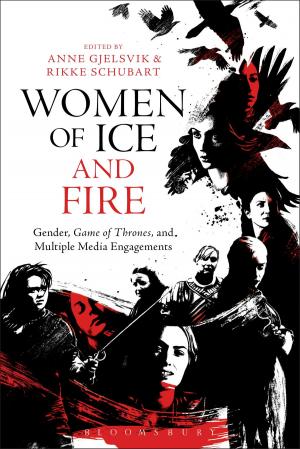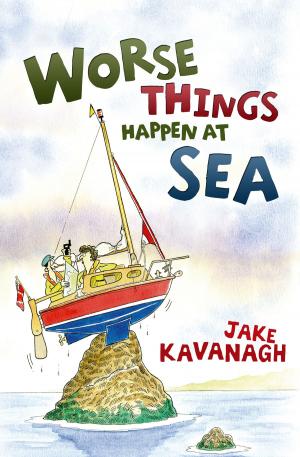Stuff Theory
Everyday Objects, Radical Materialism
Nonfiction, Religion & Spirituality, Philosophy, Metaphysics, Fiction & Literature, Literary Theory & Criticism, Theory| Author: | Professor Maurizia Boscagli | ISBN: | 9781623566302 |
| Publisher: | Bloomsbury Publishing | Publication: | March 27, 2014 |
| Imprint: | Bloomsbury Academic | Language: | English |
| Author: | Professor Maurizia Boscagli |
| ISBN: | 9781623566302 |
| Publisher: | Bloomsbury Publishing |
| Publication: | March 27, 2014 |
| Imprint: | Bloomsbury Academic |
| Language: | English |
Stuff, the hoard of minor objects which have shed their commodity glamor but which we refuse to recycle, flashes up in fiction, films and photographs as alluring, unruly reminder of how people and matter are intertwined. Stuff is modern materiality out of bounds that refuses to be contained by the western semiotic system. It declines its role as the eternal sidekick of the subject, and is thus the ideal basis for a counter-narrative of materiality in flux. Can such a narrative, developed by the new materialism, reinvigorate the classical materialist account of human alienation from commodities under capital? By shifting the discussion of materiality toward the aesthetic and the everyday, the book both embraces and challenges the project of new materialism. It argues that matter has a politics, and that its new plasticity offers a continued possibility of critique.
Stuff Theory's five chapters illustrate the intermittent flashes of modern 'minor' materiality in twentieth-century modernity as fashion, memory object, clutter, home décor, and waste in a wide range of texts: Benjamin's essays, Virginia Woolf's and Elfriede Jelinek's fiction, Rem Koolhaas' criticism, 1920s German photography and the cinema of Tati, Bertolucci, and Mendes. To call the commodified, ebullient materiality the book tracks stuff, is to foreground its plastic and transformative power, its fluidity and its capacity to generate events. Stuff Theory interrogates the political value of stuff's instability. It investigates the potential of stuff to revitalize the oppositional power of the object.
Stuff Theory traces a genealogy of materiality: flashpoints of one kind of minor matter in a succession of cultural moments. It asserts that in culture, stuff becomes a rallying point for a new critique of capital, which always works to reassign stuff to a subaltern position. Stuff is not merely unruly: it becomes the terrain on which a new relation between people and matter might be built.
Stuff, the hoard of minor objects which have shed their commodity glamor but which we refuse to recycle, flashes up in fiction, films and photographs as alluring, unruly reminder of how people and matter are intertwined. Stuff is modern materiality out of bounds that refuses to be contained by the western semiotic system. It declines its role as the eternal sidekick of the subject, and is thus the ideal basis for a counter-narrative of materiality in flux. Can such a narrative, developed by the new materialism, reinvigorate the classical materialist account of human alienation from commodities under capital? By shifting the discussion of materiality toward the aesthetic and the everyday, the book both embraces and challenges the project of new materialism. It argues that matter has a politics, and that its new plasticity offers a continued possibility of critique.
Stuff Theory's five chapters illustrate the intermittent flashes of modern 'minor' materiality in twentieth-century modernity as fashion, memory object, clutter, home décor, and waste in a wide range of texts: Benjamin's essays, Virginia Woolf's and Elfriede Jelinek's fiction, Rem Koolhaas' criticism, 1920s German photography and the cinema of Tati, Bertolucci, and Mendes. To call the commodified, ebullient materiality the book tracks stuff, is to foreground its plastic and transformative power, its fluidity and its capacity to generate events. Stuff Theory interrogates the political value of stuff's instability. It investigates the potential of stuff to revitalize the oppositional power of the object.
Stuff Theory traces a genealogy of materiality: flashpoints of one kind of minor matter in a succession of cultural moments. It asserts that in culture, stuff becomes a rallying point for a new critique of capital, which always works to reassign stuff to a subaltern position. Stuff is not merely unruly: it becomes the terrain on which a new relation between people and matter might be built.
